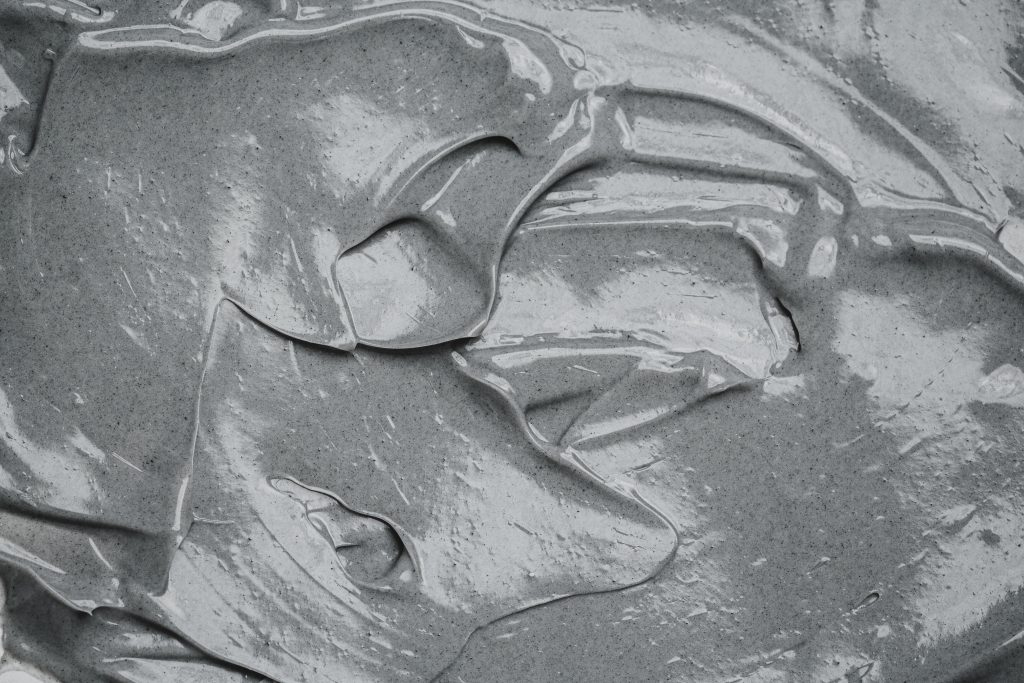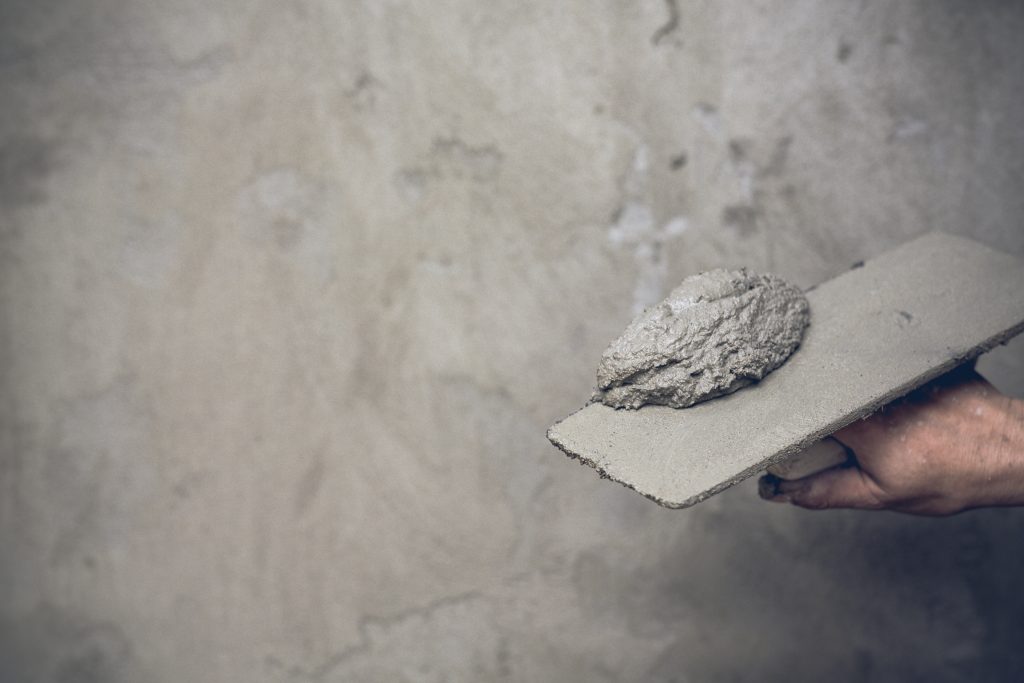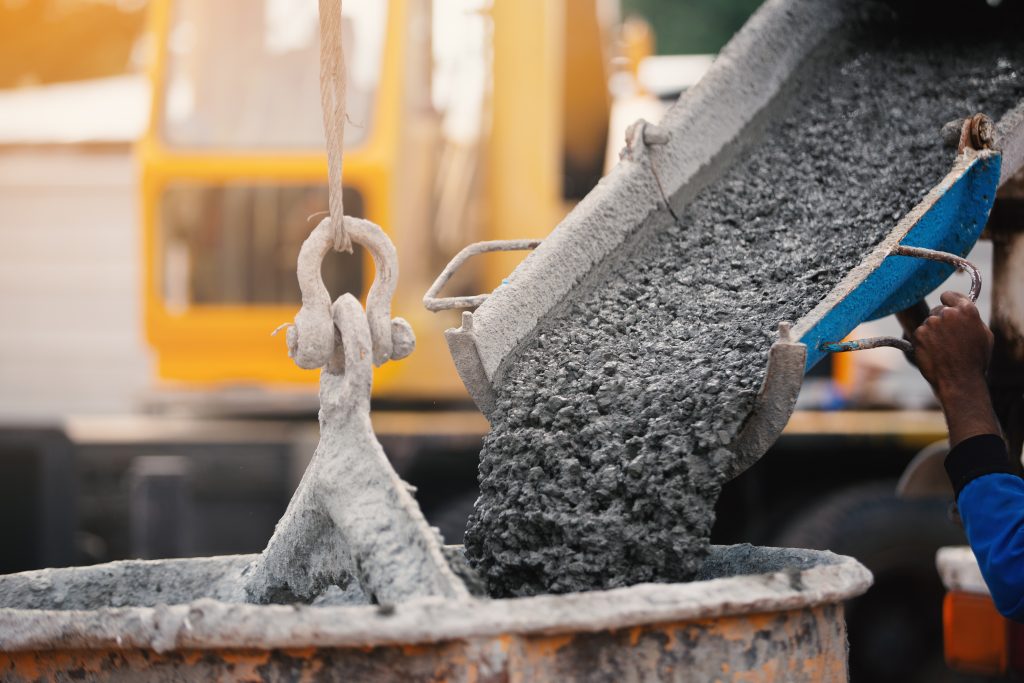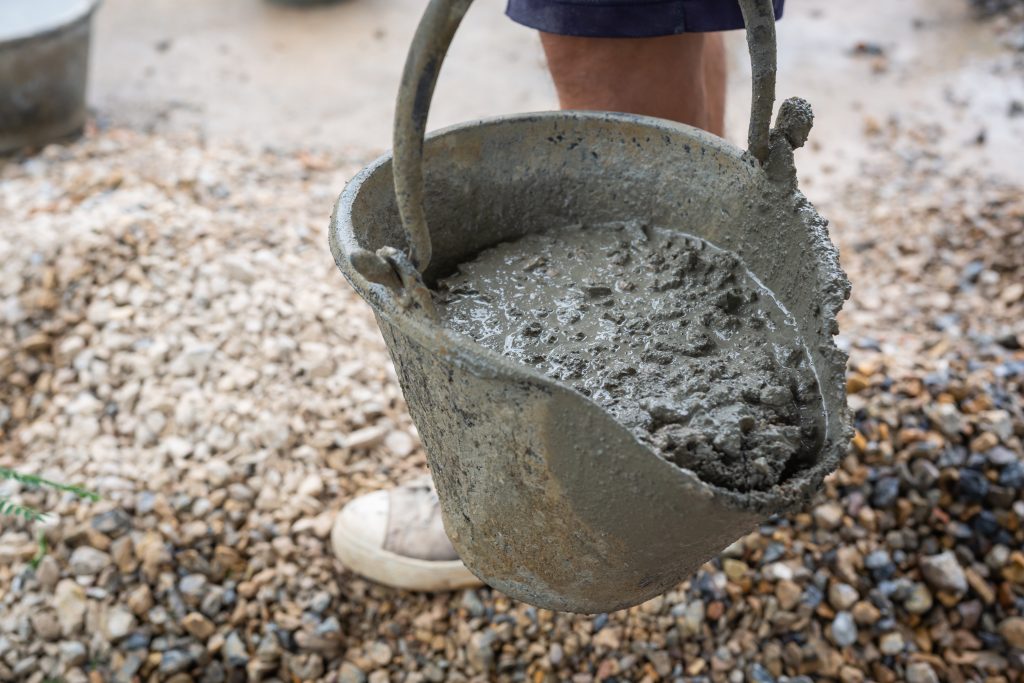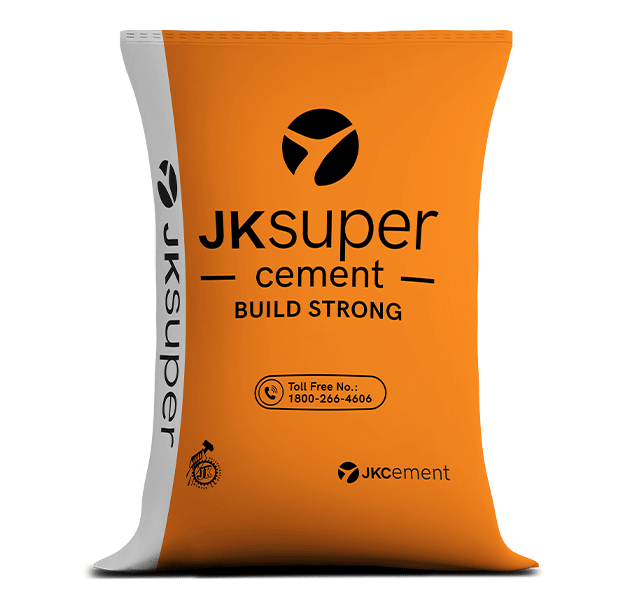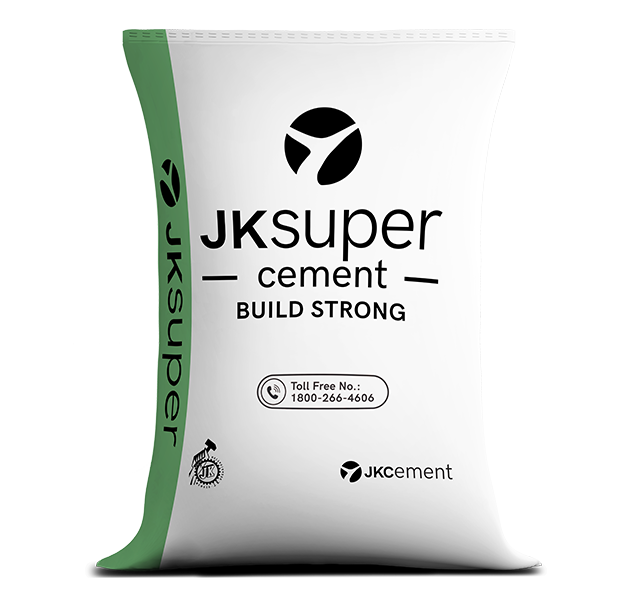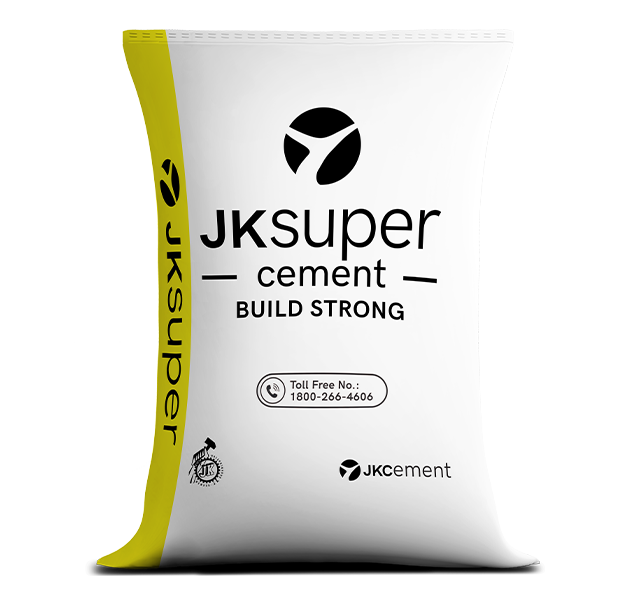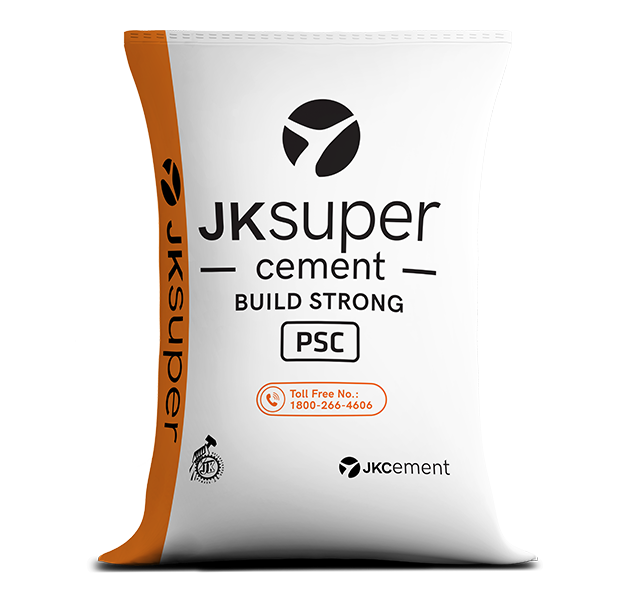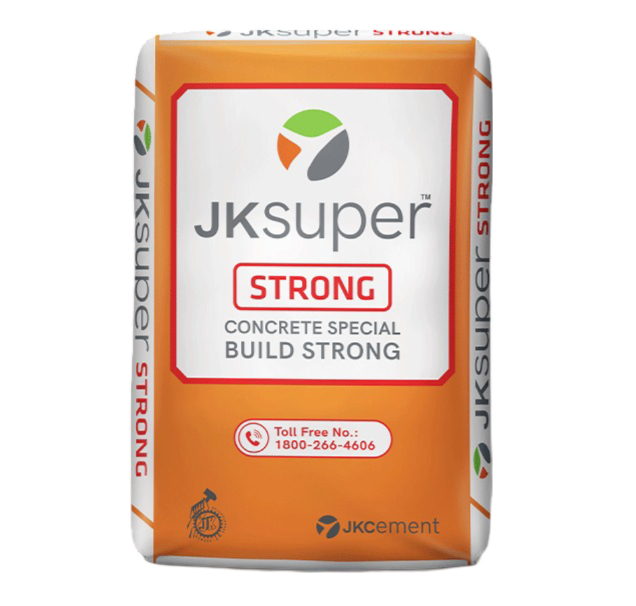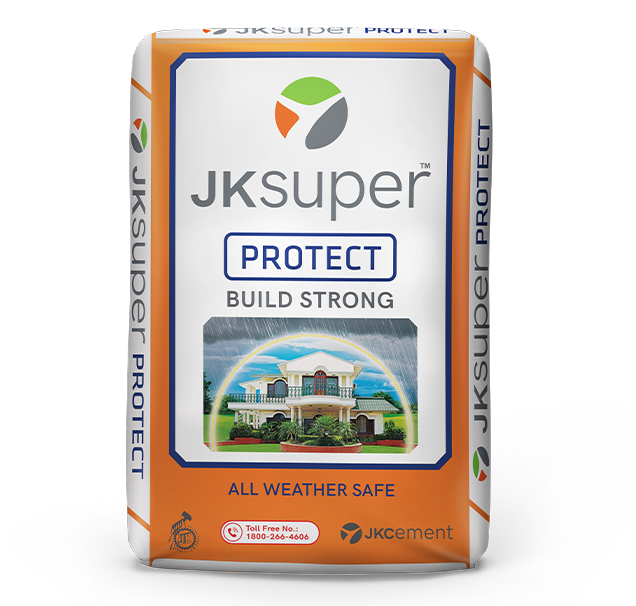A concrete’s desired properties while placing or after setting are defined according to the project requirements. This is where admixtures are used. These are specialised ingredients added to the concrete mix to enhance certain properties. From making it stronger to increasing its workability, admixtures are used for various purposes. Let us explore the different types of admixtures available and learn how each one serves a unique purpose.
What are Admixtures?
Admixture is used as an additional ingredient in the concrete mix other than water, cement, and aggregates. Admixture is a blend of chemical compounds used to modify the characteristics of fresh or hardened concrete. It allows engineers to tailor the mixture as per the project requirements. It can influence various aspects of concrete, such as setting time, strength development, permeability, durability, and workability.
Types of Admixtures
Here are the types of admixtures for concrete as per IS 9103 (1999):
Accelerating Admixtures
This type of admixture expedites the setting time of concrete for faster strength development. They increase the hydration rate of hydraulic cement when added to mortar or grout. They are composed of compounds like calcium chloride, calcium nitrate, or triethanolamine. They are utilised in situations where faster setting times are required, such as in cold weather conditions or for rapid construction schedules.
Retarding Admixtures
Retarders work oppositely to accelerators. They slow down the setting time of concrete. These are helpful when the concrete needs to travel long distances in special mixers or when it is hot outside. Retarding admixtures are especially handy as a grouting mix and work to reduce the water used. The hydroxyl carboxylic acid is a type of admixture that makes concrete with a bit less water than the quantity of water used in a regular mix. Using these admixtures can make the concrete last longer and be sturdier.
Water-reducing admixtures
These are the types of admixtures that enable the reduction of water content in the concrete mix without compromising its workability. They enhance the flowability of concrete, allowing for easier placement and better compaction. Using this admixture comes in handy in various scenarios. Pouring concrete is tricky because there are lots of bars or other elements in the way. Also, when the mix of concrete is tough, like when crushed rocks are used, this admixture can make the concrete more workable. Additionally, by adding this admixture, the cost of cement used in making concrete can be reduced by a notable amount. Common water-reducers include polycarboxylate ethers and lignosulfonates.
Air-entraining admixtures
These admixtures introduce microscopic air bubbles into the concrete mixture during mixing. By altering the surface tension of the mixing water, they allow air bubbles to form and disperse uniformly throughout the concrete. These bubbles enhance the concrete’s durability by improving its resistance to freeze-thaw cycles, reducing bleeding, and improving workability. These are composed of agents like vinsol resin or salts of petroleum acids.
Super plasticising admixtures
Superplasticisers are advanced water-reducing agents that greatly enhance the workability of concrete without increasing water content. They significantly improve the flow characteristics of concrete, allowing for easier placement in congested reinforcement areas. Compounds such as sulfonated naphthalene formaldehyde condensate (SNF), polycarboxylate ethers (PCE), and melamine-based superplasticisers fall into this category.
Benefits of Admixtures
Admixtures offer a multitude of advantages in concrete construction. Here is a quick look:
Enhanced Workability:
Admixtures improve the workability of concrete. It makes the concrete mix easier to pour, place, and finish while maintaining its desired consistency.
Increased strength and durability:
Certain admixtures contribute to enhanced strength and durability of concrete for better performance and longevity of structures.
Optimised setting time:
They assist in controlling the setting time of concrete. They can either accelerate or retard it based on specific project requirements and environmental conditions.
Improved performance in challenging environments:
Admixtures enhance the concrete’s resilience to withstand harsh conditions such as extreme temperatures, freeze-thaw cycles, and aggressive chemical environments.
Reduction in water content:
Water-reducing admixtures allow for reduced water content in concrete mixes without compromising workability and its desired strength after setting.
Redefine your construction standards with JK Cement – one of India’s leading cement company.
FAQs
What are the types of natural admixture?
Natural admixtures in concrete primarily include pozzolanic materials like volcanic ash, rice husk ash, and various types of clays. Pozzolana in cement improves workability while providing resistance to salt and sulphate attacks.
What is admixture and its classification?
Admixtures in concrete are additional components used to modify or enhance its properties. They are categorised based on functions like accelerating, retarding, water-reducing, air-entraining, and super plasticising.
Which admixture is used in RMC?
Ready-Mix Concrete (RMC) commonly employs a range of admixtures. Water-reducing agents, superplasticizers, and sometimes air-entraining admixtures are frequently used in RMC to enhance workability, durability, and strength.
Which admixture is best?
The choice of admixture depends on the specific requirements of the concrete application. As each type of admixture serves a different purpose. The optimal choice is determined by the desired properties and conditions for a particular concrete mix.

